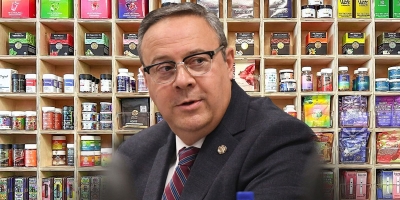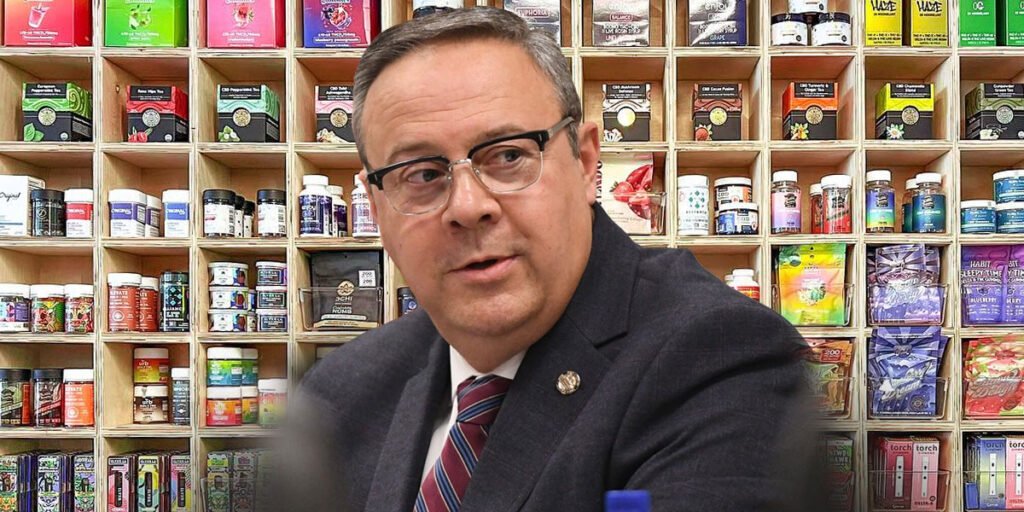
Recently, Congress approved HB445, marking Alabama’s first thorough regulation of hemp products, following the legalization of hemp-derived products under the federal farm bill in 2018.
This legislation was, as expected, contentious. On one hand, the hemp industry was understandably apprehensive about the new regulations. On the other, there was a fervent group advocating for a complete ban, arguing that these products had no place in Alabama.
Now that the bill has passed, I’m seeing some pretty mixed reactions from both sides.
It feels like the hemp industry has sometimes gotten in the way of my own choices regarding medication.
Meanwhile, some abolitionist advocates have accused me of effectively “legalizing recreational marijuana in Alabama.” It’s a bit wild to think about the situation we’re in.
It seems that, no matter your stance, there’s a lot of misinformation out there.
Once again, it’s essential to emphasize that this bill doesn’t ban all hemp-derived THC products, nor does it legalize recreational marijuana. Instead, it establishes sensible regulations around substances that are already legal per federal law.
- For starters, smoking-related evaporated products are now illegal.
- Products like gummies and seltzers remain legal but are limited to 10mg of THC per serving.
- Sales can only occur in specialty stores, accessible only to those over 21.
- Hemp seltzers can be sold in grocery stores larger than 14,000 square feet, but must come from employee-controlled storage, similar to cigarettes.
Sadly, it’s no surprise that self-designated “Alabama’s conservative thought leader” Stephanie Smith has criticized the bill and questioned my integrity.
Last Friday, she claimed that “Alabama’s laws on recreational marijuana are more lenient than Colorado’s drug laws,” alluding to HB445.
Even Pinocchio would find that one impressive…
I’ve expressed my growing concerns regarding youth exposure to these products, and many—including parents, educators, and the Alabama Poison Information Center—share those worries.
My aim was to implement reasonable protections without going to extremes.
Is this law flawless? Maybe not, but it certainly improves our situation compared to where we started.
No matter your perspective, I urge you to be critical of those with questionable motives. Take the time to read the bill for yourself, and don’t get swayed by those nursing hurt feelings or political agendas.
















